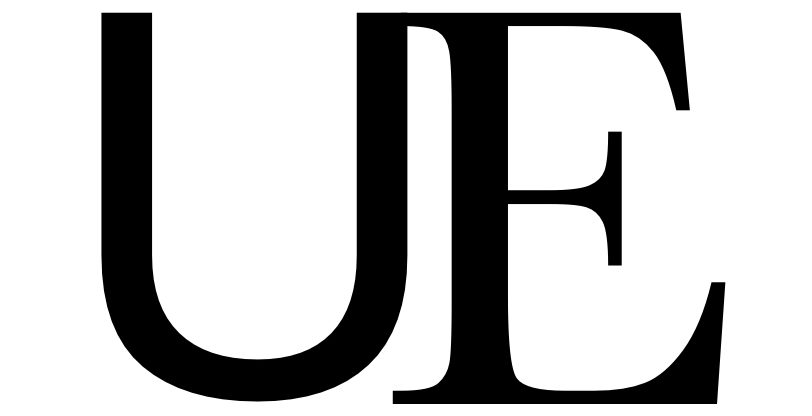The gender gap in voting is fairly small. Other demographic factors have a far bigger impact on people’s likelihood to vote for each party.
In the past, social class was a dominant factor. Middle-class people were more likely to vote Conservative and working-class people were more likely to vote Labour.
Recently that’s changed. In 2017, age and education were far more important. Young voters and voters with degrees were more likely to back Labour. Older voters and those with fewer qualifications were more likely to back the Conservatives.
But how do the sexes differ when it comes to elections?
If we look back over time the gender gap in voting has changed.
The British Election Study has data going back to the 1964 general election. In the 1960s and 1970s it found that women were more likely than men to vote Conservative and less likely to vote Labour. It’s not easy to find a definitive explanation.
via Reality Check: What if women hadn’t been allowed to vote? – BBC News
